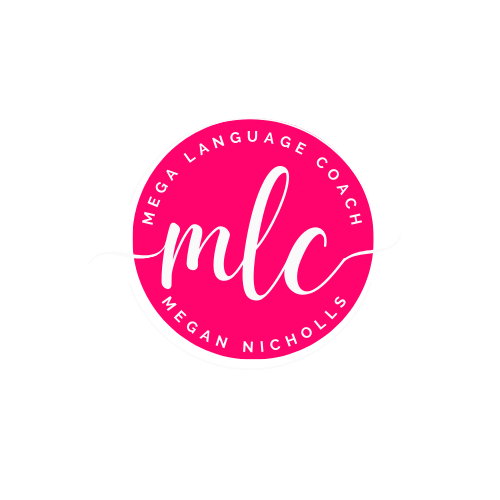I can’t think of many ways to push our comfort zones to their limits more than moving to a new country with a different language. We are challenged emotionally to leave behind familiar faces and try to meet new people, make new connections and navigate a sense of social isolation. We are challenged culturally to learn about new customs, traditions, ways of life, modes of transport and daily systems. We are challenged linguistically as we adjust to the feeling of being surrounded by unfamiliar sounds, unknown words and unintelligible interactions. All these challenges present themselves before we even think about finding a job, a home, a bank account, a local supermarket and gym, in an effort to create a sense of belonging, routine and normality.
Our foreign accent is a sign of bravery because emigrating and learning a language often leads to deeper connections with the culture it represents. It requires an open mind and a willingness to confront and navigate different cultural norms and practices, which can be both challenging and rewarding. We open ourselves up to new avenues for relationships and understanding, which takes not only courage but also a willingness to build bridges across differences.
A permanent or temporary transition abroad also shows resilience by learning a new language, since mistakes are inevitable. Making errors in front of native speakers can feel embarrassing, but learners who persist show resilience by embracing this vulnerability and using it as a learning opportunity. The process of learning a new language enhances cognitive flexibility, problem-solving skills, and multitasking abilities. This mental challenge showcases our commitment to personal growth and resilience in facing new intellectual challenges.
Finally, a huge amount of determination is required for communicating in ways that can sometimes feel unfamiliar and intimidating. When we choose to communicate with native speakers despite our fear of judgment we demonstrate inner strength, courage and perseverance to overcome obstacles during the learning process. Eventually, we learn that this is a long-term commitment that requires consistent effort, practice, and patience.
Therefore, an accent is more than just a way of speaking; it’s a badge of honour that reflects the courage to embrace the unfamiliar, the resilience to keep going despite difficulties, and the determination to connect across borders. As an avid traveller, polyglot and culture vulture, I not only understand the strengths and skills required to learn a language and thrive in a new environment, but also support my clients through their own personal yet similar journeys. I encourage them to embrace their complex background and unique cultural tapestry, wearing this badge with pride.

